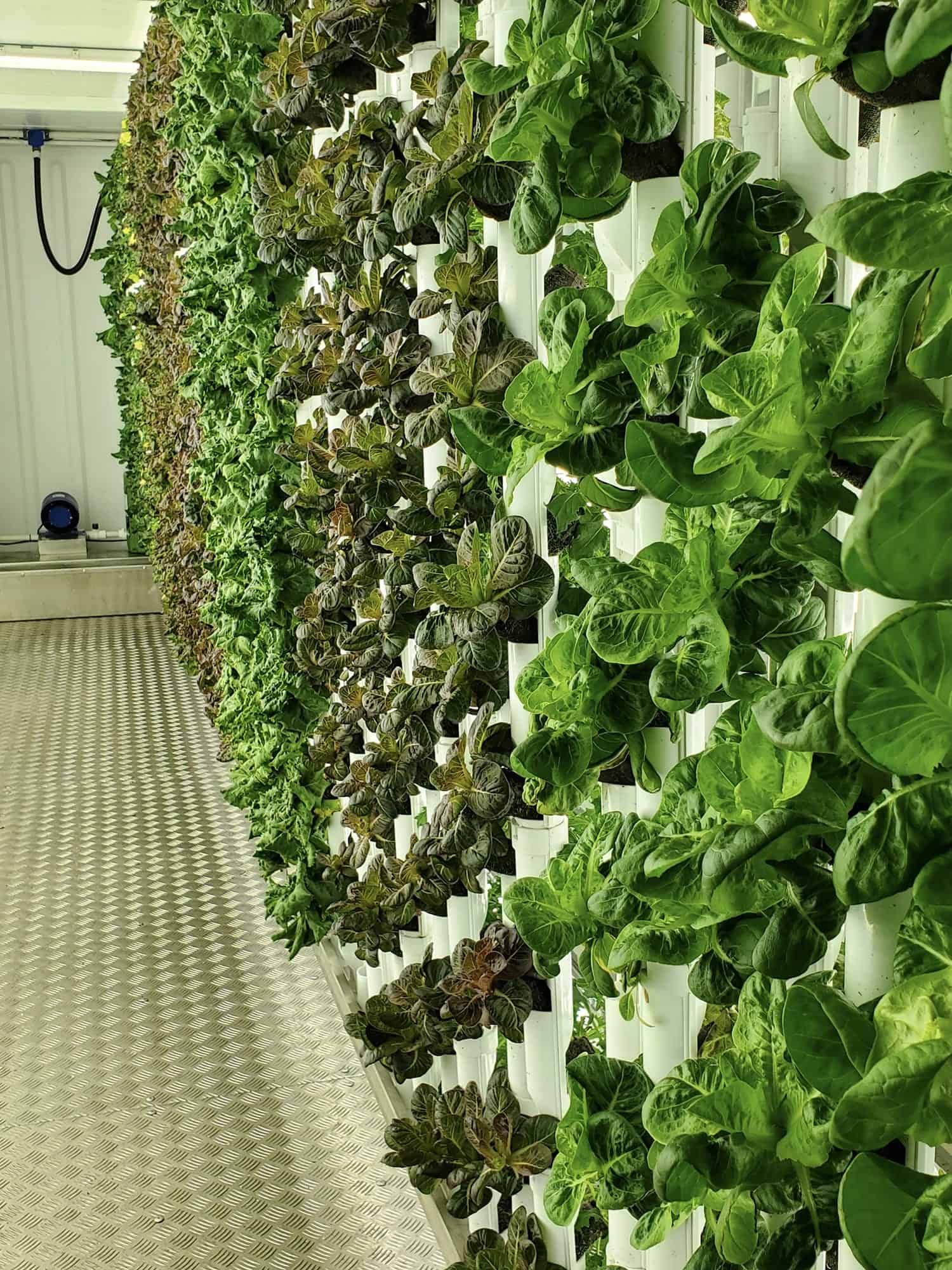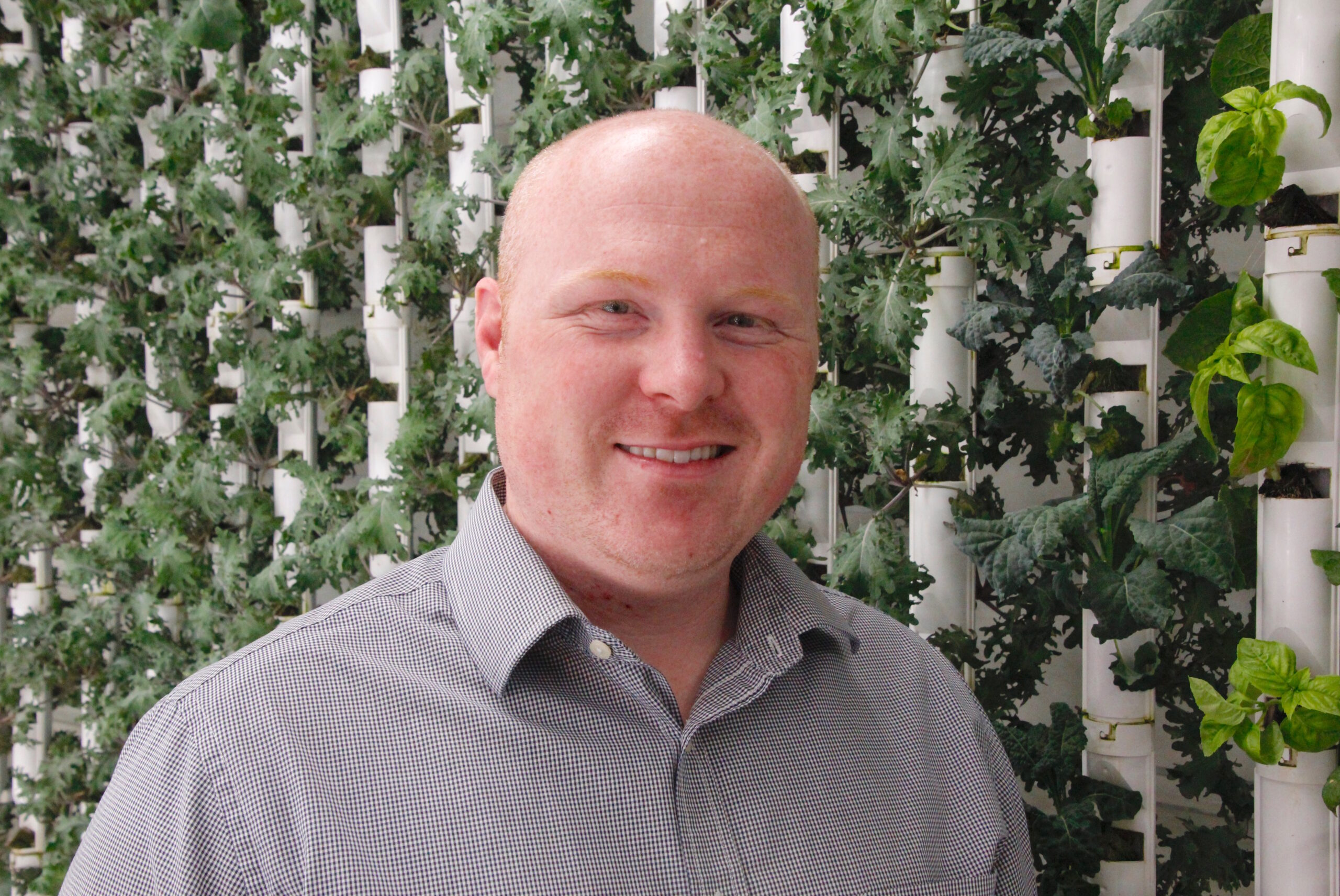Farming Solutions are needed – It seems every day you come across a news story that paints a very bleak future for traditional farming and the consumers who benefit from it.
We’ll briefly explore the many challenges facing the agricultural industry, but we’ll also posit some potential ways for farming operations large and small to adapt to changing times and conditions.
Shifting climate patterns are making it vastly more difficult to predict whether a crop will make it to harvest. Heat waves, hail storms, cold snaps and floods have become more pervasive and intense in recent years. Even crops that may not be directly affected by catastrophes, like the severe drought currently gripping the western portion of the U.S., are being indirectly impacted by residual factors, like smoke from wildfires.
We’re also facing other crippling issues without a foreseeable fix. Supply chains that support agriculture have been stretched to their limit since the beginning of the pandemic for a variety of reasons, including transportation availability, labor shortages, and associated delays affecting raw material sourcing. And the skyrocketing cost of fertilizer is further complicating matters for traditional farming operations and having an outsized impact on already-thin profit margins.
But what if there was a way to circumvent these issues using innovations in agtech? It sounds impossible, and while it comes with its own set of challenges, indoor growing, especially in urban areas, could be a big part of the answer going forward.
Science and tech have come a long way in the last decade (hello, sensor technology!), allowing growers to do much more with much less in a smaller footprint. And hyperlocal farming means produce grows near the consumer, eliminating supply chain-related woes. Instead of spending the first half of its shelf life in transit, veggies get to the end user much quicker, resulting in less food waste. Local growing also reduces the need to burn fossil fuels to get food to its destination, and empowers communities to gain more control over their own food supply.
It’s hard to put a value on security and reliability, and we certainly won’t attempt to, but controlled-environment agriculture allows people to harvest large yields year-round without external variables getting in the way. There’s also no need for fertilizers or pesticides, which takes possible contamination of drinking water out of the equation.
The practice is gaining momentum worldwide and already having an impact on sourcing for grocery chains, hotels, hospitals, restaurants and food banks. Likewise, farmers are embracing the technology because it provides a security blanket in uncertain times.


